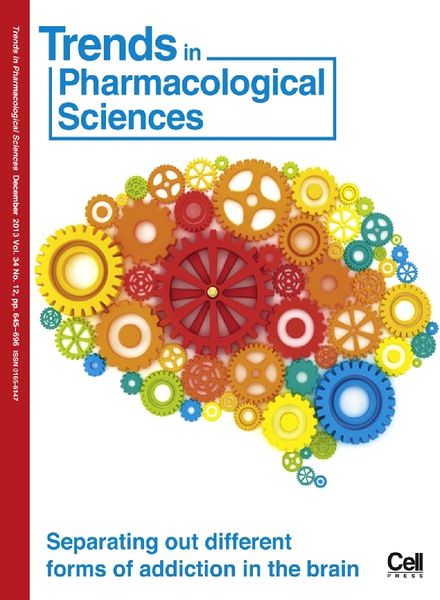
“It is well-established that cannabinoids exert palliative effects on some cancer-associated symptoms. In addition evidences obtained during the last fifteen years support that these compounds can reduce tumour growth in animal models of cancer.
Cannabinoids have been shown to activate an ER-stress related pathway that leads to the stimulation of autophagy-mediated cancer cell death.
In addition, cannabinoids inhibit tumour angiogenesis and decrease cancer cell migration.
The mechanisms of resistance to cannabinoid anticancer action as well as the possible strategies to develop cannabinoid-based combinational therapies to fight cancer have also started to be explored.
In this review we will summarize these observations (that have already helped to set the bases for the development of the first clinical studies to investigate the potential clinical benefit of using cannabinoids in anticancer therapies) and will discuss the possible future avenues of research in this area.” http://www.ncbi.nlm.nih.gov/pubmed/26071989



1942-7611/asset/olalertbanner.jpg?v=1&s=4b27d6a6bed6b58a9935efe70e4f95efc39146bd)
